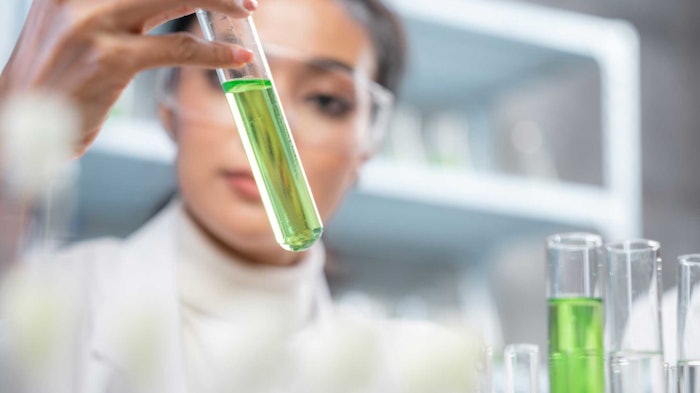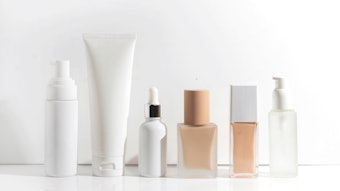
Image by chokniti at Adobe Stock
Last week we noted how cosmetic scientists are tasked with many aspects of product development but at the end of the day, they are scientists. Also, that according to Nature Index, they are passionate and "ready to argue," being much more "open" in terms of personality, but also less agreeable. (Sound familiar?)
Additionally, personality, of course, drives individual interests (see a few examples from history, below) and what we find most rewarding.
See related poll on which market segment you most enjoy formulating for.
This made us wonder: When you actually get to do lab work, which areas do you find most rewarding? Here's how you responded.
Poll Results
- Developing innovative formulations 63%
- Solving complex formulation challenges 28%
- Running and analyzing product tests 9%
Historic Scientists' Interests
- According to Brittanica, chemists and biologists like Antoine Lavoisier "focused their attention upon analyzing 'mixts' (i.e., compounds), such as the salts formed when acids combine with alkalis. They hoped that by first identifying the properties of simple substances they would then be able to construct theories to explain the properties of compounds."
- Physicist, meteorologist and chemist John Dalton, per the Science + Industry Museum, was interested in the composition of the atmosphere and, by extension, how components mix together to form gases. He theorized that each element has its own unique indivisible atom, and he assigned atomic weights 20 elements he knew of, at the time. He also reportedly pioneered the use of ball-and-stick models to illustrate the three-dimensional structure of molecules — although interestingly, per the source, he is now regarded as a "rather poor" experimenter; but he "had a powerful pictorial imagination."
- Physicist and chemist Marie Curie, of course, pioneered research in radioactivity. According to the American Institute of Physics (AIP), she tested all the known elements "to determine if other elements or minerals would make air conduct electricity better, or if uranium alone could do this." She reportedly was assisted by a number of chemists who donated a variety of mineral samples, including some containing very rare elements.
Check back each Tuesday for the latest poll!










